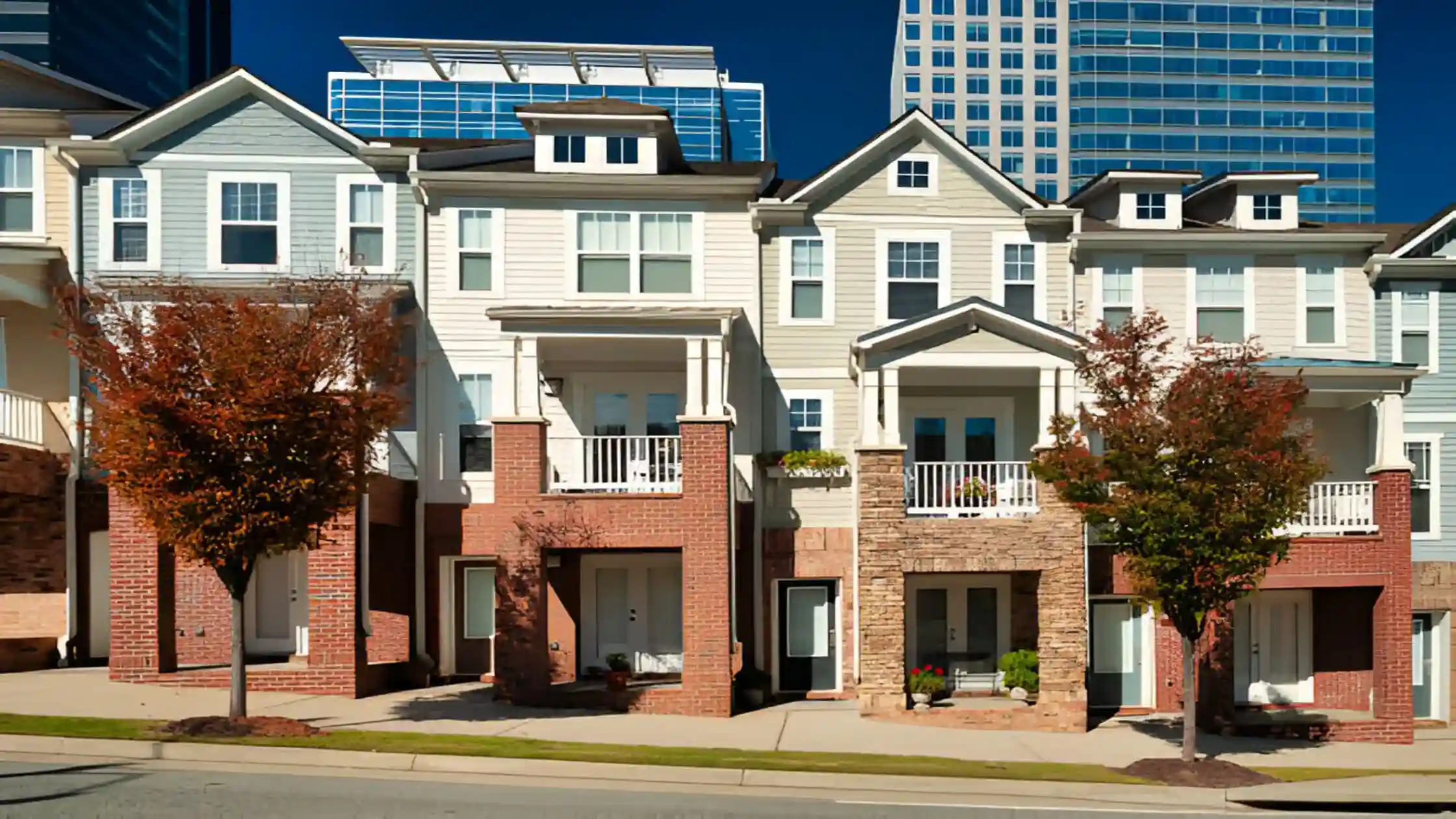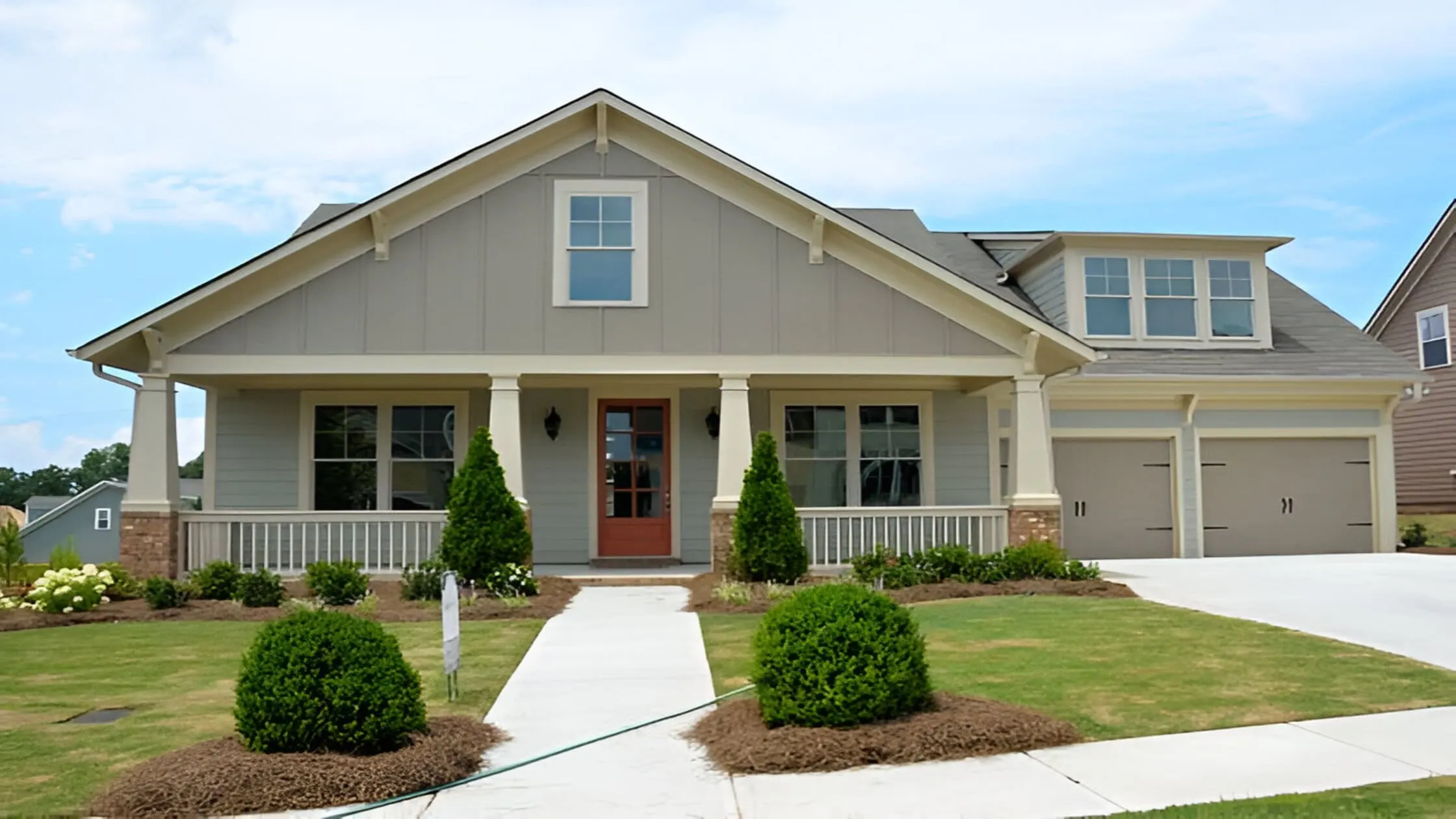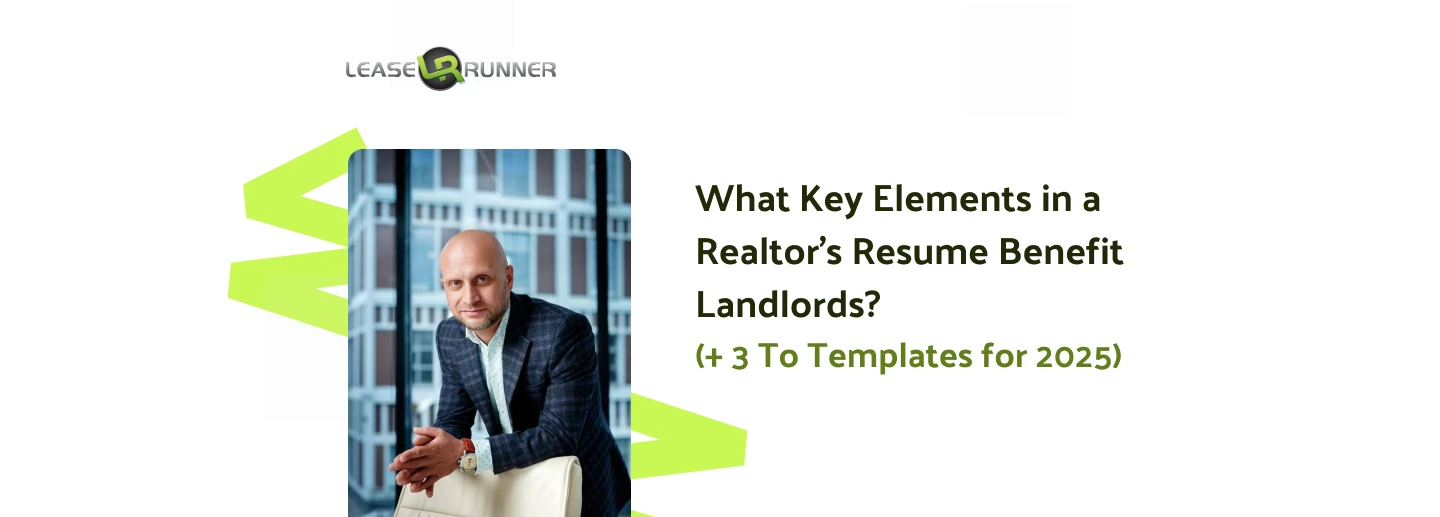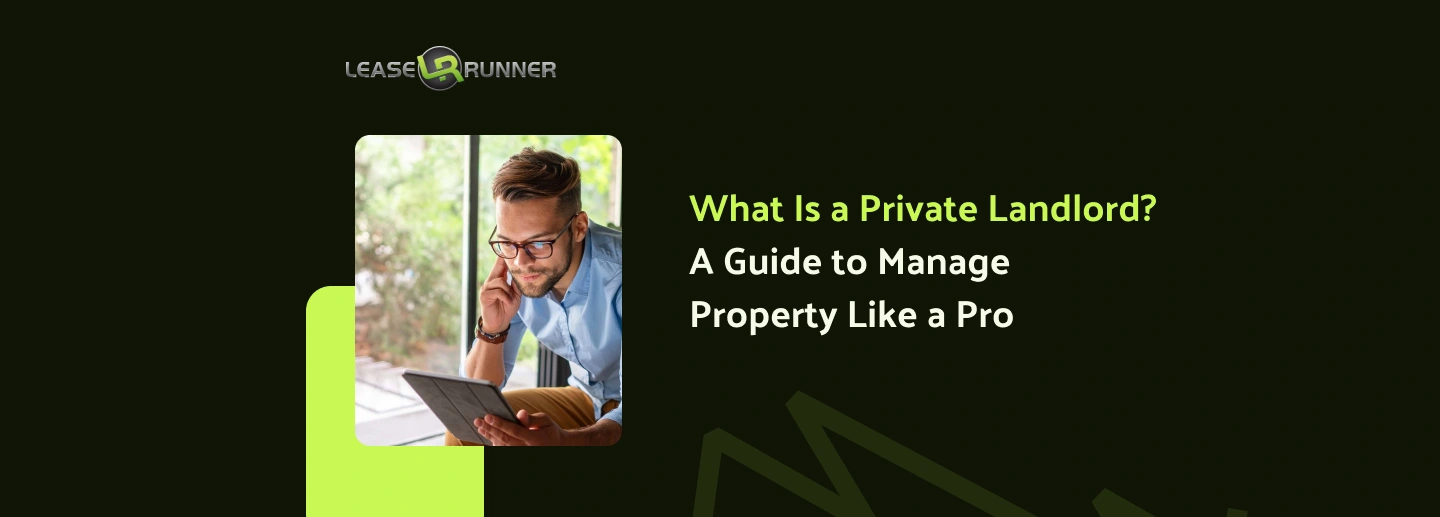What a landlord cannot do in Georgia shapes daily rental management and landlord-tenant relationships. In Georgia, you cannot enter a tenant’s home without notice, ignore vital repairs, or keep security deposits beyond normal wear and tear.
State law bans asking about religion, marital status, or other personal details. New Georgia rental laws require prompt safety repairs, proper handling of deposits, and written notice for entry or rent hikes—now 60 days for many leasehold tenants. Smart landlords avoid trouble by using clear leases, tracking repairs, and staying updated on legal changes.
This guide details the latest Georgia rules, illegal landlord actions, screening questions you must avoid, critical tenant rights, and tips to keep your property business compliant in 2025.

Key Takeaway Table: Georgia Rental Law Essentials
Georgia Landlord-Tenant Laws Every Landlord Should Know
Every Georgia landlord and tenant must know how federal and state law define their relationship. Georgia legislation governs lease policies, notice procedures, deposits, and repairs.
Written, oral, and tenancy-at-will leases are the types of Georgia leases. A written lease has full rules, and an oral lease is a verbally spoken contract (legally enforceable but more difficult to enforce).
If you don't sign a lease but stay month-to-month, that is a tenancy-at-will, where Georgia tenant rights without a lease impose on landlords to provide 60 days' notice before ending tenancy or increasing rent.
Federal laws such as the Fair Housing Act cover all of Georgia, prohibiting discrimination based on race, color, religion, sex, national origin, familial status, or handicap. State codes permit the minutiae of everyday life: how and when to return deposits, eviction procedures, and maintenance responsibilities.
Our landlord-friendly states reference is beneficial to landlords who are looking to expand their business by comparing Georgia to other markets and enhancing compliance.
Georgia Rental Law Changes in 2025 (Latest Update)

2025 brought big news for every property owner. The new Georgia rental laws, especially the “Safe at Home Act” (HB 404), now set new ground rules for safety, deposits, and eviction timelines. Here are a few key changes in Georgia rental law that you should notice:
- Habitability now required: Georgia landlords must keep rental homes safe and healthy. That means working plumbing, electricity, and no serious hazards like mold or broken windows. Tenants can now sue for unfit housing if repairs are not made in a “reasonable” timeframe—even if the term “reasonable” sometimes gets set case-by-case in court.
- Deposit limit: You can no longer charge more than two months' rent as a security deposit. Any more is illegal, protecting both new arrivals and longtime Georgia renters from unreasonable upfront costs.
- Eviction notice: If a tenant misses rent, you must give a written 3-day notice before taking the case to court. Before, landlords could file for eviction instantly—now, you must give tenants time to fix the problem or leave on their own, upholding Georgia renters' rights.
What a Landlord Cannot Do in Georgia? 6 Illegal Things?
Landlords in Georgia have many rights, but our laws set clear boundaries. Breaking these rules can bring lawsuits, fines, or loss of your rental license. Here's what a landlord cannot do in Georgia —with each point backed by current statutes and court precedent.
1. Enter the Rental Property Without Proper Notice
Every tenant has a right to privacy. Except for emergencies, landlords must provide advance notice before entering. While Georgia has no fixed notice law, the standard is 24 hours. Failing to warn tenants (except in a fire, flood, or safety hazard) counts as trespass and can lead to legal action.
Then, can a landlord enter without permission in Georgia? No, unless there's an urgent risk to persons or the property. Always put entry dates and reasons in writing, and keep a record for your files.
2. Retaliate Against Tenants for Complaints or Actions
Landlords cannot retaliate if a tenant is enforcing their legal rights. Certain activities normally covered are reporting code violations, becoming involved with a tenant association, or requiring legal repairs.
Nobody can evict, increase rent, or reduce services simply as retaliation. Retaliation can lead to lawsuits, penalties, or being required to pay damages.
3. Shut Off Utilities or Change Locks to Force a Move
“Self-help” evictions are strictly illegal in Georgia. You cannot disconnect water, power, or gas to push out a tenant. Changing locks, removing doors, or blocking access are all illegal, whether or not the lease is broken.
Every eviction must go through court, giving notice and allowing the tenant to respond. These actions violate both Georgia renters' rights and Georgia tenants' rights without a lease.
4. Discriminate During the Rental Process
Both federal and state law ban discrimination during renting. This is a core part of what makes a lease invalid in Georgia. Any deal that denies, limits, or charges more based on race, religion, national origin, gender, disability, or family status is illegal. “Steering” tenants, different rules, or even unfair advertising can result in major fines.
5. Refuse Repairs That Affect Habitability
Under the 2025 new Georgia rental laws, you must fix all serious safety or health issues quickly. This covers heating, cooling, plumbing, pests, broken locks, electrical hazards, and more.
If you refuse, tenants can sue, request repairs, break leases, or even “repair and deduct” from future rent. Ignoring repair requests violates both Georgia landlord law and Georgia renters' rights.
6. Keep the Security Deposit Without Cause
Security deposits must be handled legally. Keeping a deposit for “wear and tear," failing to provide an itemized list to offset deductions, or failing to return money within 30 days are all against Georgia landlord law.
Deposits only cover unpaid rent or actual damages (not routine cleaning or minor repairs). Landlords who do these illegally may owe tenants up to three times the deposit.
Automate screening, deposits, and notices to stay on the right side of Georgia’s rental laws—every single time.

One Misstep Can Cost You Thousands
What Landlords Cannot Ask Tenants in Georgia?
Landlords have to comply with both fair housing and local screening laws. What a landlord cannot request is important to know, or else you'll face lawsuits for privacy invasion or discrimination.
Generally, landlords cannot request information that leads to discrimination based on protected characteristics (like race or religion) or that unnecessarily invades a tenant's privacy.
This includes asking about sensitive personal details like specific disabilities, detailed medical history, or overly broad criminal history unrelated to tenancy. Below are some more details for you to refer:
Personal Questions That Violate Fair Housing Laws
Under federal law, questions about race, religion, national origin, disability, sex, or family status are illegal. Avoid asking if an applicant has children, their religious practices, or medical status. Do not ask about sexual orientation or gender identity. Violating these rules leads to penalties—even if you didn't mean harm.
Excessive or Hidden Application Fees
New Georgia rental laws don't set an official application fee cap, but landlords cannot make up excessive or hidden costs. All fees must be disclosed in advance and directly tied to real screening expenses (credit and background checks).
Adding fees later in the process, or making up charges not shown in writing, can trigger lawsuits and anger applicants.
Arrest Records Without Conviction
Landlords may not reject based purely on an arrest record, since an arrest alone is not proof of guilt. Instead, focus only on convictions relevant to tenancy—particularly those that pose a real risk to safety or property. Overly broad use of background checks may count as discrimination.
Proof of Citizenship (Unless Federally Required)
You cannot require proof of citizenship unless federal law requires it (such as for certain subsidized properties). Asking for immigration status, green cards, or similar documents from some tenants but not others is a violation of fair housing law.
Screen all applicants using the same process, focused on credit, income, and rental history—not national origin.
Legal Rights and Obligations for Landlords in Georgia

Georgia law provides landlords clear rights—but also duties that must be fulfilled in every lease or rental agreement. These obligations are increasingly strict under new Georgia rental laws.
Duty to Maintain Habitable Property
Georgia's “Safe at Home Act” means all rentals must be fit to live in. Provide safe plumbing, working heat and cooling, secure windows/doors, and a building free of infestations or health hazards. Document all repair requests and your responses—habitability is now a legal right and one of the core Georgia renters' rights.
Legal Lease Provisions Only
Your lease must respect state and federal rules. Any clause that waives basic tenant rights, mandates illegal fees, or allows illegal entry is void. What makes a lease invalid in Georgia includes clauses that contradict habitability, fair housing, or deposit laws.
Use an attorney-reviewed template or one from a reputable service like LeaseRunner to avoid errors and protect yourself.
Security Deposit Rules
Deposits are capped at two months' rent (2025 law) and must be returned within 30 days after move-out. Always give tenants an itemized list of any deductions—keep photos and records as proof. Never mix deposit funds with your own money, and remember: normal wear and tear cannot be withheld.
Notice Periods for Entry, Rent Increases, or Termination
- Entry: Provide at least 24 hours' notice (in writing), unless there's an emergency.
- Rent Increases: For tenants without a signed lease, landlords must give 60 days' advance written notice before raising rent.
- Termination: Month-to-month leases require 60 days' notice to end. For evictions (for nonpayment), a 3-day written notice is required as of 2025.
Keep all notices in writing, with receipts or signatures for evidence. This is best practice under Georgia landlord law.
What Rights Do Tenants Have in Georgia?

All tenants, regardless of lease type, are protected by core laws guaranteeing safety, privacy, and fair treatment.
Right to safe, livable housing
Every tenant is entitled to a rental property that meets basic health and safety standards. Under the “Safe at Home Act,” this is now a right for written leases, oral leases, and even Georgia tenant rights without a lease. If repairs are ignored, tenants can withhold rent, break the lease, or sue for damages.
Right to Privacy and Notice Before Entry
Landlords must give advance notice (24 hours standard) except for emergencies. Tenants have the right to enjoy a quiet environment—the landlord may not enter constantly, show the property at will, or use a key without consent.
Right to dispute charges or evictions in court
If faced with eviction or deposit deductions, tenants can dispute charges in small claims court. The landlord must have proper documentation and follow the correct notice procedures. Tenants have the right to a court hearing for all eviction actions, defending against wrongful removal under the law.
Tips for Georgia Landlords to Stay Compliant and Avoid Costly Mistakes

Georgia landlords who understand what a landlord can't do in Georgia avoid getting into trouble and foster better relationships with tenants. Adhere to these best practices for your own sake:
Use Clear, Legal Lease Templates
A well-written, state-compliant lease establishes conditions for both of you. Steer clear of “do-it-yourself" form contracts or outdated forms.
Trustworthy legal resources, such as LeaseRunner's step-by-step landlord guide, provide tools specially prepared for Georgia landlord law and under the new Georgia rental regulations. Ensure that every clause meets state, federal, and local laws.
Document Everything (From Notices to Repairs)
Maintain written records for all notices, requests, repairs, payments, and conversations. Take before and after photos of tenancies and record repairs upon request and completion.
Maintain move-in checklists, written notice logs, and deposit deduction lists. In the event of a dispute, this record is your strongest legal defense and resolves disputes efficiently.
For greater specificity, LeaseRunner's illegal landlord practices guide provides more examples that are of specific relevance to Georgia owners.
Use Compliant Screening Practices
Create screening criteria based on credit, income, and legal background checks. Do not mention or ask about prohibited questions or disqualifying factors prohibited by Georgia landlord legislation or federal regulations.
Enforce your rules in the same manner that you handle each applicant, no exclusions permitted. Use screening services that alert you to compliance and evolving law.
Bottom Line
What a landlord cannot do in Georgia isn't so much legal fine print; it's crucial information for any landlord. In order to safeguard your rental, never ignore respect for privacy (never enter unannounced), comply with deposit and notice procedures, don't discriminate, and maintain property habitable under the new Georgia rental laws.
Constant changes lead to stricter regulations, increasing the risk of expensive lawsuits, damage to your reputation, or even the loss of your rental rights. The savvy landlord bases all aspects of their lease and business on respect for the rights of Georgia tenants and uses reliable sources for compliance.
Take care of your property the proper way, write down everything, fix things in a timely manner, and enforce rules fairly. That is the secret to profit in Georgia's evolving rental market.
FAQs
Q1. Can a landlord increase rent without notice in Georgia?
No, a landlord cannot increase rent without adequate notice. In the case of month-to-month tenants or where Georgia tenant rights are without a lease, the landlord should provide 60 days' written notice before the rent increase effective date.
Inform your tenant that they pay rent every month, but there is no paper contract. If you need to increase the rent, you must send them a letter or an email giving them 60 days' notice to modify. If your tenant has a twelve-month written lease agreement, read the provisions therein.
Most leases also specify when and how much you can increase rent. It is one of Georgia's landlord laws that keeps unexpected expenses and lawsuits at bay.
Q2. Is a verbal or oral lease enforceable under Georgia law?
Yes, both oral and written leases are legally enforceable in Georgia courts. Whether you agree verbally or through a handshake, the contract is valid; however, it is not advisable. Oral leases make it difficult to determine terms if you do have to appear in court.
This can lead to confusion when it comes to rent hikes, repairs, or moving-out dates. Problems can also arise when it comes to what voids a lease in Georgia, since it is hard to show what was mutually agreed upon. Written leases are best suited to having clean records on both ends.
Q3. What if a landlord enters without permission in Georgia?
Landlords cannot enter a tenant's house without permission except in the case of an actual emergency (such as a burst pipe). There must be at least 24 hours' notice in law for an unscheduled visit. If you need to do repairs or inspections, give your tenant notice by writing him a letter first.







